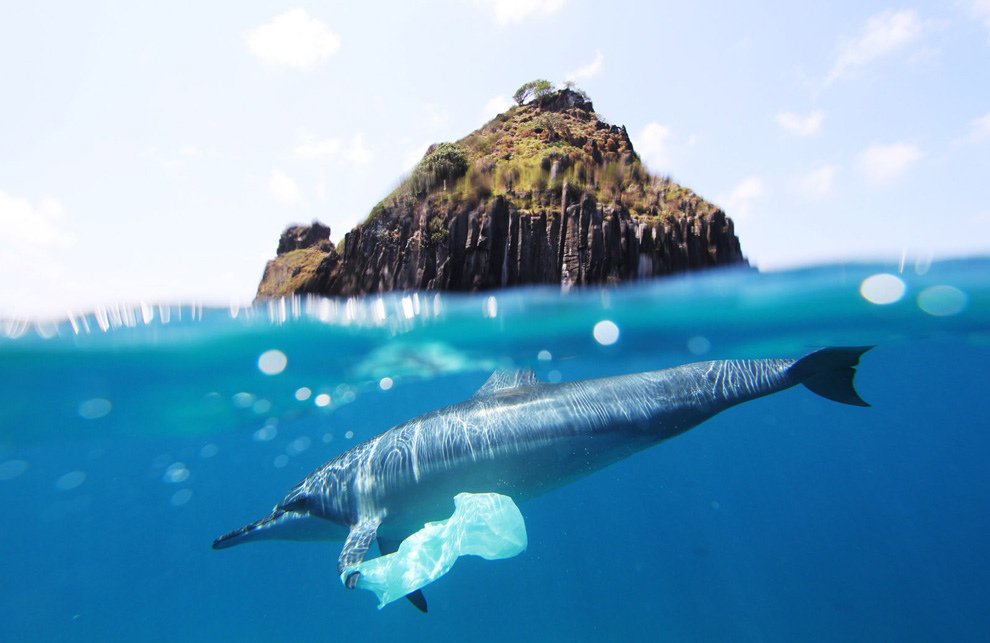Yet the rate of plastic pollution continues to climb. During the COVID-19 pandemic, the amount of annual plastic waste entering the ocean rose by 30%, according to Scientific American. Over the next decade, plastic production is predicted to increase by 40%.
That means more marine animals will swallow and die from plastic. Our food system will become further infiltrated with plastic. And each gust of wind will carry even more nanoplastic particles.
This scenario is not tenable, according to the One Source Coalition, a group of environmental organizations that includes the World Wildlife Fund and corporations like Unilever.
Protecting ecosystems and biodiversity, the coalition says, requires countries to slow plastic production, improve waste collection and management, invest in plastic alternatives, encourage a transition to closed-loop consumerism, and engage in unprecedented clean-up efforts to remove the plastic waste that currently pervades the land, ocean, and atmosphere.
The One Source Coalition is rallying behind three policy proposals at the Global Ministerial Conference on Marine Litter and Plastic Pollution hosted by the UN Environment Programme on Sept. 1 and 2.
The first proposal is for countries to adopt a position known as Extended Producer Responsible or EPR. Traditionally, the burden of recycling and waste management has fallen onto the consumer who has to accurately sort trash and then onto governments that have to process it. Through EPR, companies would have to take responsibility for recycling and managing waste, a dynamic that would likely lead to standardized plastic production and far less production overall to minimize costs.
The second proposal calls on countries to implement the principles of the Basel Convention, which seeks to limit the amount of hazardous and hard-to-recycle waste that wealthy countries ship to low-income countries. Currently, countries like the United States, Canada, and the United Kingdom send millions of tons of hazardous waste to low-income countries annually.
By preventing countries from offloading their waste onto others, it will require them to invest in sustainable waste management solutions, the Basel Convention argues.
The coalition also calls on countries to set national targets on plastic production and waste that will be enforced by the UN, similar to the Paris climate agreement’s monitoring of greenhouse gas emissions.
The final proposal calls on countries to prioritize environmental justice and develop circular economies. A pure circular economy would mean that everything that gets produced — from consumer goods to food — can be fully recycled and repurposed. This principle extends to the planet’s well-being. Right now, countries need at least two Earths to sustain current levels of resource extraction. A circular economy would prevent countries from overexploiting the forests, mineral deposits, ocean floors, bodies of water, and soil that form the foundation of all life.
There’s already momentum behind these goals. More than 60 countries have signed the pledge to stop ocean plastic and grassroots organizers have elevated the crisis of plastic pollution to a household concern.
The corporations that signed the One Source Coalition letter have been at the forefront of phasing out plastic and developing closed-loop packaging on an industrial scale. Unilever, for example, has invested in a circular production model.
These are only initial steps. Fully transforming the plastic economy will require government action. The groups behind the One Source Coalition hope to use the upcoming UN conference as a launch pad for environmental action through 2030.
But they need your support to generate the needed momentum. Sign their pledge to end plastic waste here.







